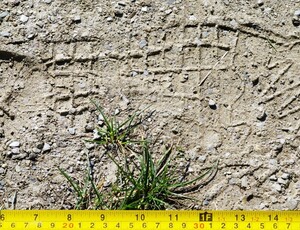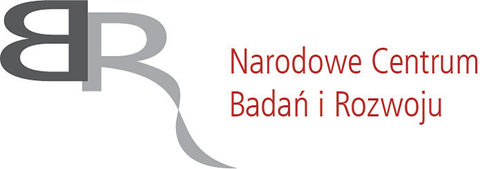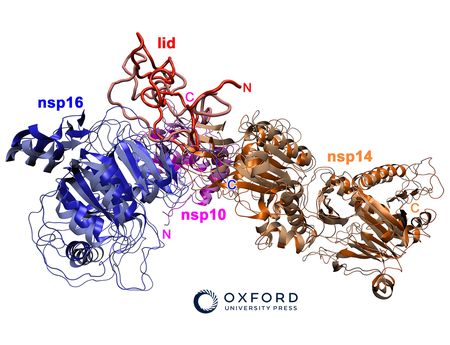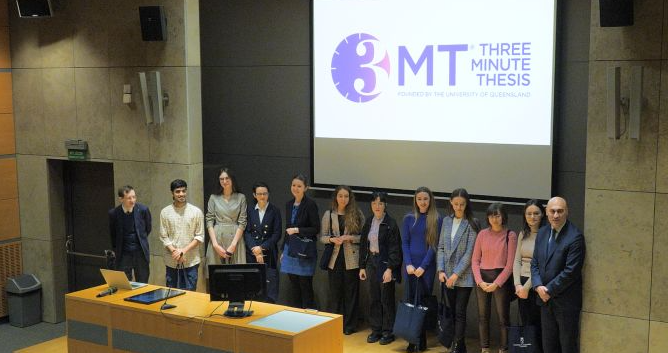
The MIKROBIOM project, which aims to develop tools to enable the use of environmental microbiome analysis for forensic purposes, is entering the final stages of implementation. Partial results of the project will be presented at the 29th Congress of the International Society for Forensic Genetics, dedicated to the field of genetic markers analyzed for forensic purposes which will take place next week in Washington DC, USA.
It is well known that the ubiquity and easy transferability of soil on shoes, clothing, tools or vehicles makes soil particularly valuable evidence for linking a suspect or object to a specific location. However, it is often the case that the information obtained through current forensic analyses based on the physical and chemical properties of soil is insufficient to verify the hypotheses tested during investigations, so the aim of the MIKROBIOM project is to create a new tool for comparing soil samples that will simultaneously link them to a specific location. By providing evidence confirming the presence of suspects in specific locations or establishing the movement routes of criminals, the developed system can direct and thus speed up investigations.
After analyzing the data obtained from the deep sequencing of microbial DNA isolated from 960 soil samples collected at sites in Poland selected on the basis of climatic and meteorological data from the last 20 years, a set of metagenomic markers was developed, allowing effective identification of soil samples. The sets of sequences obtained for each soil sample have been placed in a database, creating the first DNA map of the Polish environmental microbiome. The resulting system will be equipped with tools for efficient searching of the database resources and interpretation of analysis results. As a consequence of the genetic test outcome in the form of a microbiome DNA profile obtained from the analysis of a soil sample of unknown origin will be compared with the database, and the tested samples will be assigned to the most probable location on the map of Poland.
Prof. Wojciech Branicki, project manager on behalf of the Malopolska Centre of Biotechnology (MCB) at the Jagiellonian University, and PhD Paweł Łabaj, both coordinate key project works such as 1) creating and testing a database containing the geographically-specific composition of microbiome taxa, 2) performing bioinformatics and statistical analysis of WGS (whole genome sequencing) data leading to the selection of markers for qualitative and quantitative identification of microorganisms, 3) developing and validating a genetic test.
The project is being carried out under the supervision of the leader, which is the Central Forensic Laboratory of the Police in Warsaw. In addition to the leader and the MCB UJ, the consortium includes Pomeranian Medical University, Warsaw Medical University, and the Ardigen company.
Partial results of the project will be presented during the 29th Congress of the International Society for Forensic Genetics
taking place August 29-September 2, 2022 in Washington, DC dedicated to forensic issues.
- MSc Michal Kowalski - presentation “K-mer-Based Approach for Forensic Applications of Microbiomics: Predicting the Origin of the Sample”
- MSc Kamila Marszałek - scientific poster „Search for an optimal targeted High-Throughput Sequencing technology in soil microbiome analysis for forensic applications”
- MSc Kinga Herda - scientific poster „PCR-based or hybridization capture-based target enrichment provide more sensitive solution for soil microbiome analysis in forensics?”
So far, the results have also been presented:
- at the NextLAB 2021 conference dedicated to forensic science:
- MSc Michał Kowalski - presentation “Unveiling the full forensic potential of environmental metagenomes with k- mer based approach”
- MSc Kamila Marszałek - presentation “Evaluation of the long read sequencing with ONT’s Flongle Flow Cells for the soil microbiome analysis in forensics”
- PhD Alina Frolova- presentation “Mysteries of mock communities and spike-in controls in metagenomics studies”
- PhD Paweł Łabaj - presentation “ MetaSUB global City Sampling Days - on the road to global high resolution metagenomic atlas and its application in forensics”
- at the Polish Congress of Genetics:
- MSc Kamila Marszałek - presentation "Performance evaluation of targeted High-Throughput Sequencing technologies in metagenomic forensic applications"
- PhD Paweł Łabaj - presentation "On the road to global high resolution metagenomic atlas and its application in forensics"
- at the Intelligent Systems for Molecular Biology 2022 conference:

The solutions proposed in the project have not yet been examined for the geographic area of Poland, and there are isolated reports worldwide suggesting only the possibility of using microbial composition prediction for geographic localization in forensics. However, the combination of laboratory techniques such as data analysis proposed in the project is unique in the world. The project has generated soil metagenomic data at an unprecedented depth of more than 100 million reads per sample, which will enable new discoveries in microbiome and soil research. Such an approach has not been used in the world so far, which makes the MIKROBIOM project innovative also in terms of the research strategy used. It should be emphasized that the unique knowledge and complete prediction system consisting of a database, an algorithm for using its resources and a genetic test in NGS technology for metagenomic analysis developed in the project may be used in predicting the origin of unknown samples not only in criminal cases.
The MIKROBIOM research project, "Exploiting the potential of the environmental microbiome in forensic science.", is implemented with funds from the National Center for Research and Development, contract: DOB-BIO10/03/01/2019.




